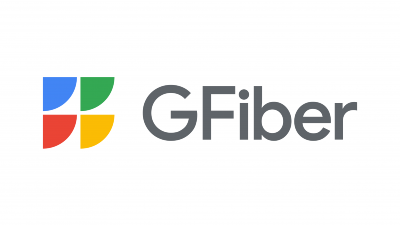
Funding
ICANN’s $10 million grant program targets global internet accessibility, citing that barriers remain in accessing the web’s full economic benefits.

 Photo of ICANN’s Interim President and CEO Sally Costerton by Eóin Noonan/Web Summit used with permission.
Photo of ICANN’s Interim President and CEO Sally Costerton by Eóin Noonan/Web Summit used with permission.
WASHINGTON, March 29, 2024 – The expanding scope of the internet places heightened pressure on the reliability and security of essential components like the Domain Name System and broader internet infrastructure.
In response to these challenges, the Internet Corporation for Assigned Names and Numbers, or ICANN, has extended an invitation to organizations around the globe interested in assisting its mission to ensure the stable and secure operation of the internet’s unique identifier systems, the DNS, for the benefit of a more inclusive internet community.

For its inaugural round, ICANN’s grant initiative has $10 million earmarked.
The grant applications portal is currently open until May 24 at 4:00 p.m. ET, with grant agreement negotiations scheduled for January 2025.
This initiative seeks to invest in innovative solutions that further ICANN’s vision of a unified, open, and globally interoperable Internet.
Proposed projects must fall under one of the following two themes.
Under Theme 1, projects will focus on supporting the internet’s unique identifier systems. This includes projects that would enhance the long-term usability and security of the DNS, promote universal acceptance for multilingual inclusivity, drive innovation in internet identifier usage, and enhance system performance.
Theme 2 allocates funding for initiatives geared towards achieving a more unified internet. This encompasses activities that would advance open access to the internet and address barriers that exclude certain communities from full participation in the global DNS.

Project designs are encouraged to prioritize diversity, participation, and inclusion of underserved populations. Sustainable impact and outcomes are emphasized, with a focus on capacity development to ensure ongoing effectiveness.
The DNS serves as the internet’s address book, translating the alphabetical domain names that humans know all too well, into the numerical IP addresses computers use to locate websites and services.
While access to DNS services is generally available to all internet users, some restrictions may be imposed by local network configurations, internet service providers, or government regulations, often for reasons such as censorship, security policies, or infrastructure limitations.
The World Economic Forum estimates that 70 percent of new value created in the economy over the next decade will be based on digital platform business models.
However, ICANN reports that 3.2 billion people remain unable to access the internet worldwide, meaning that nearly one-third of the population cannot access the transformational economic, educational, health, and multitude of other benefits these platforms offer.
“There are still far too many people, particularly in less developed countries, who remain offline or who face barriers that prevent them from fully experiencing the benefits that the internet can bring,” said Interim President and CEO of ICANN Sally Costerton, in a release. “Through the ICANN Grant Program, we will support ideas that advance the evolution and innovation of the internet’s unique identifier systems for the benefit of a growing, more inclusive internet community.”
As of June 30, 2023, net auction proceeds totaling $217 million have been segregated from ICANN’s general operations, providing a financial foundation for initiatives like the ICANN Grant Program.
This underscores ICANN’s role as a nonprofit public benefit corporation with a diverse global community committed to safeguarding the internet’s essential infrastructure and ensuring accessibility and resilience for all users.
ICANN was established in 1998 to help coordinate and manage various aspects of the internet’s infrastructure, including the DNS.

